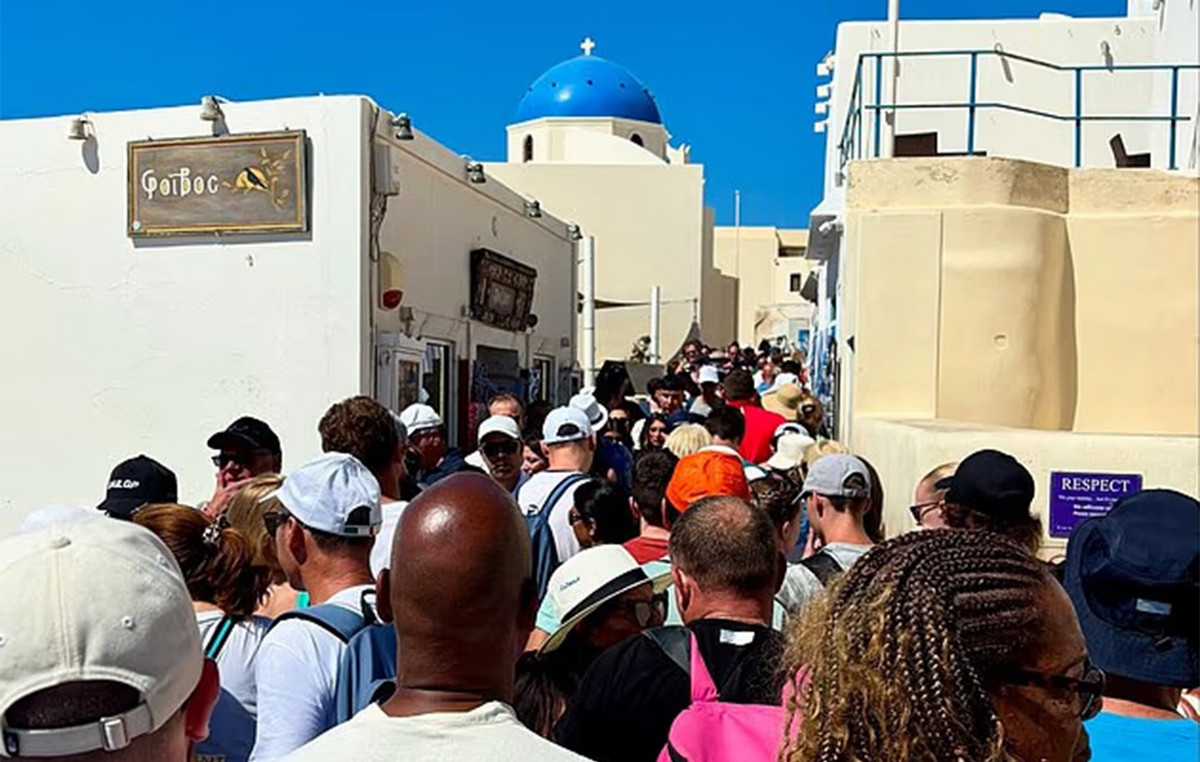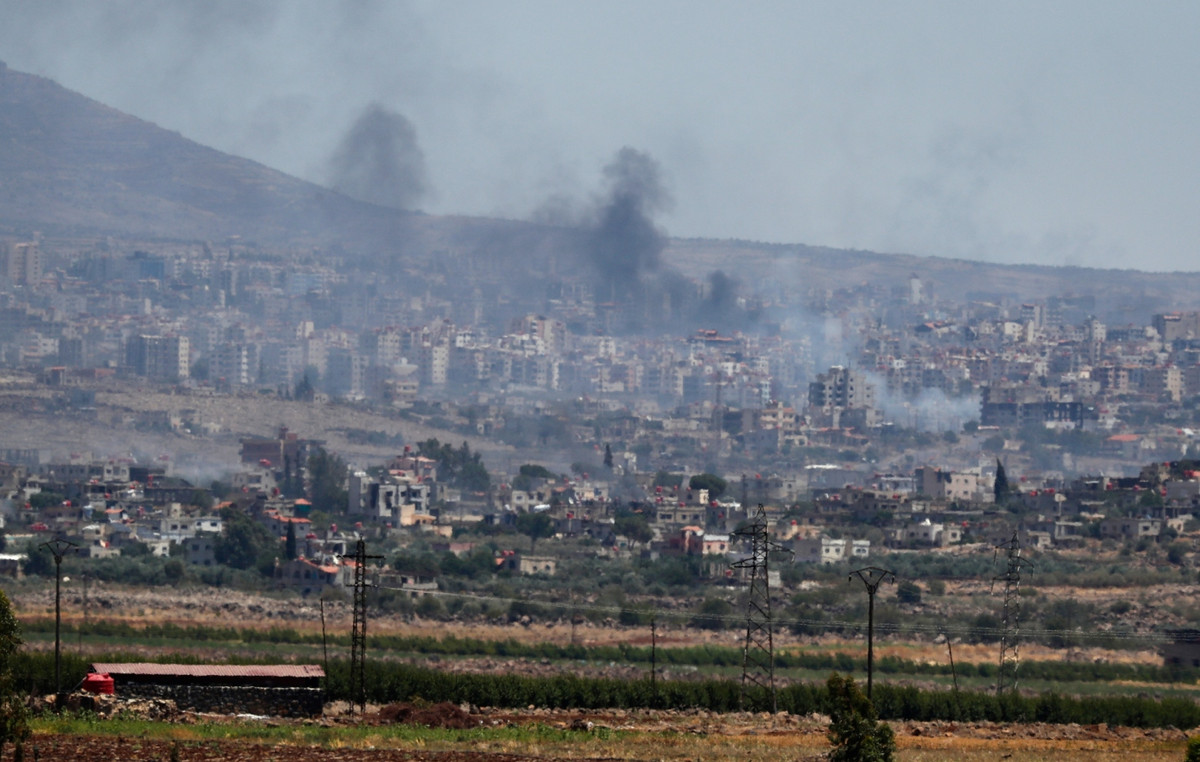Her Eleftherias Kourtali
Short coverage is observed today in Greek bonds after the exchange / redemption of securities that did not participate in the PSI of 2012 – with the settlement date being tomorrow Friday 17 December, but also a few hours before the ECB decision on how and if to support the Greece, in view of the end of PEPP in March 2022.
Although analysts do not rule out an extension for February of major ECB decisions or the many … details of the post-PEPP quantitative easing environment due to the growing uncertainty caused by the spread of the Omicron variant, investors are quick to point out today to cover their short positions in Greek bonds, leading to a rally in their prices and a dip in their yields.
Analysts explain today’s move as an attempt to cover up a more positive ECB decision towards Greece. Perhaps the market fears that the ECB’s decision on Greece will send a strong signal of further significant support for Greek bonds, and investors are rushing to protect themselves, they explain.
Thus, the yield of the Greek 10-year marks a dip of 9% and stands at 1.12%, which is the lowest since the beginning of November, while the spread stands at 148 basis points from 172 bp that had been launched in the previous days. which was also the highest level since June 2020.
The dip in the 5-year yield is also strong, which is now set at 0.31% (-26%), while the yield of the 15-year Greek bond is formed at 1.26% with a fall of 7.5%.
On Tuesday, Finance Minister Christos Staikouras appeared optimistic that the ECB would continue its strong support for Greece. “I want to believe – and this is my view – that Greece will somehow be in a favorable position by the ECB,” he said, adding that regardless of central bank decisions, the government is doing everything it can to Greece regains the investment level by 2023 at the latest.
The ECB is expected to try to avoid fragmentation after the end of the PEPP by increasing the monthly purchases of the regular quantitative easing program, doubling it to € 40 billion. At the same time, it will leave open the option of reactivating PEPP if necessary, using the approximately 100 billion euros that will be left. Some estimate that it will create a new emergency “file” to deal with possible market turmoil.
In addition, the most important thing for Greece, which can not participate in the regular QE due to low rating, is to extend the duration of the reinvestment program beyond the end of 2023, but also to increase its flexibility by using the funds. from PEPP bonds with an emphasis on the most vulnerable countries.
Analysts have noted that Greece’s non-participation in normal QE is not expected to be a negative signal for the country as long as the ECB convinces investors that its goal is to keep the Greek government borrowing costs under control. “If the ECB is clearly committed to supporting Greece by shifting the burden of flows from expiring PEPP bonds to Greek bonds, it will be a fairly credible and constructive message to investors,” JP Morgan said.
.
I am Sophia william, author of World Stock Market. I have a degree in journalism from the University of Missouri and I have worked as a reporter for several news websites. I have a passion for writing and informing people about the latest news and events happening in the world. I strive to be accurate and unbiased in my reporting, and I hope to provide readers with valuable information that they can use to make informed decisions.







